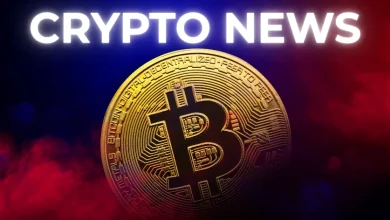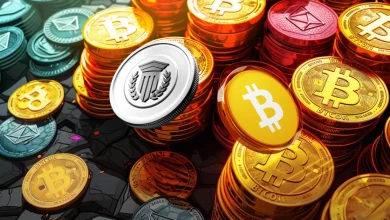
IMF sharply criticizes Pakistan’s plan to allocate 2,000 MW of electricity to Bitcoin mining amid severe energy shortages.
Pakistan’s high energy costs and fragile infrastructure make its Bitcoin mining ambitions financially and operationally unviable.
Pakistan risks losing credibility due to regulatory confusion, unsustainable subsidies, and infrastructure failures.
Pakistan wants to mine Bitcoin with 2,000 megawatts of power it barely has. The announcement, part of a broader strategy to attract crypto and AI firms, has triggered an immediate backlash from the International Monetary Fund (IMF) and for good reason.
As the country wrestles with severe energy shortages and ongoing bailout talks, the IMF is demanding urgent answers. According to local news portal Samaa, officials are now facing “stiff questions” about how legal – or even logical – this mining push really is.
“There is a fear of further tough talks from the IMF on this initiative,” said one government official involved in the negotiations.
Here’s what you should know.
Pakistan’s Crypto Play Falls Flat
The plan, unveiled alongside the debut of Pakistan’s first Bitcoin reserve at the Bitcoin Vegas 2025 conference, was meant to signal a pivot toward digital finance. But the optics don’t match the infrastructure.
Pakistan’s power grid is notoriously unreliable, with high transmission losses and blackouts still common. Meanwhile, industrial electricity rates hover around $0.22 per kWh – nearly 10x what miners pay in Texas.
At that rate, mining one Bitcoin in Pakistan would cost a staggering $132,000, compared to the global average of around $40,000-$50,000.
Even with a proposed subsidized tariff of $0.09/kWh, “the model falls apart,” warns local engineer Sana Zakir. “These subsidies may not be sustainable. Pakistan’s agreements with the IMF explicitly discourage blanket energy subsidies.”
A Big Bitcoin Bluff!
To make matters worse, the IMF claims it wasn’t even consulted about the plan. The Fund has flagged legal ambiguities surrounding crypto in Pakistan, raising red flags over the PDAA – the newly formed Pakistan Digital Asset Authority set to oversee exchanges, DeFi platforms, and tokenization efforts.
This is a fundamental red flag.
All the Right Ideas, All the Wrong Execution
Pakistan does have potential. At least one can argue that it does. Cheap labor, untapped solar and hydro resources, and regional demand could have positioned it well – if the groundwork were there.
But right now, it’s not.
This was not a strategic move. It was a chaotic attempt to ride a wave without learning how to swim in the kiddy pool. Unless Pakistan overhauls its infrastructure, energy pricing, and regulatory clarity, it risks turning a high-profile initiative into a self-inflicted crisis. It surely wouldn’t be the first time.
Never Miss a Beat in the Crypto World!
Stay ahead with breaking news, expert analysis, and real-time updates on the latest trends in Bitcoin, altcoins, DeFi, NFTs, and more.
FAQs
Yes, Pakistan has officially legalized cryptocurrency, introducing regulations to support investors, traders, and businesses in the crypto space.
Pakistan has about 25 million active crypto users and sees an estimated $300 billion in annual transaction volume.
At current rates, mining one Bitcoin in Pakistan could cost up to $132,000 due to expensive electricity and poor grid infrastructure.








